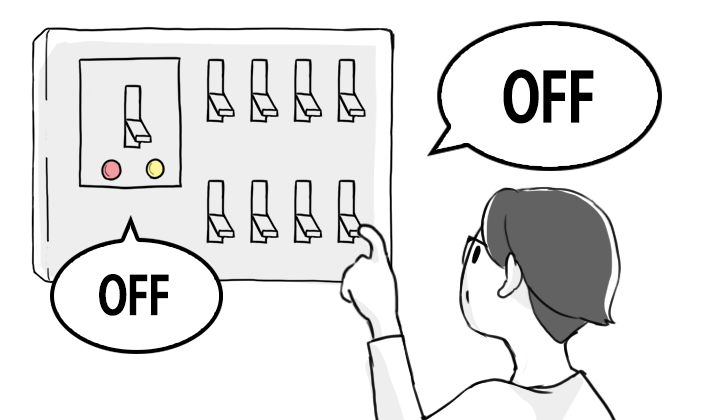Reverend Conehead
Well-Known Member
- Messages
- 10,031
- Reaction score
- 11,955
I keep getting ads via Youtube or other social media about alleged energy saving devices. There's one that claims you can "quickly and easily stabilize your home’s electrical current" and then that makes you use less electricity. That sounds great, but I'm suspicious. You know what they say about things that sound too good to be true. I searched around, and I found one site that supposedly ranked all the various energy saving devices. However, when you click on "visit site" for any of the devices listed, it always brings you to the same web page. Sounds fishy to me. It sounds way easy to just plug in a device that looks kind of like a night light or a battery charger, and somehow you reduce your electric bill.
Does anyone know if any of these devices are legit? Or are they all pretty much a scam?
Does anyone know if any of these devices are legit? Or are they all pretty much a scam?



